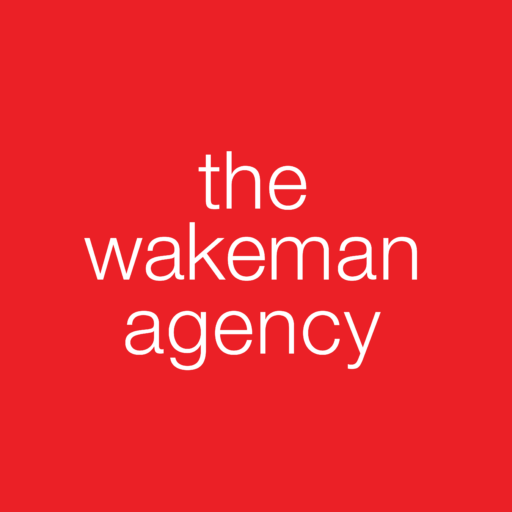Communications Audits
The Wakeman Agency’s expertise in guiding communications through political and social shifts is informed by two decades of experience at the intersection of language and social change. As language has evolved, contexts have changed, and new needs arise with increased urgency. We have become a go-to resource for organizations seeking to find the right words to share their mission and message through that change.
The Lexicon Project™ is a unique offering to help organizations develop language and communication practices aligned with their mission and vision, to advance their work given the contours of events in their sector and the broader environment in which they work.
Organizations can benefit from these offerings in a variety of scenarios when experiencing the limits of their communications and messaging strategies. For example:
- As organizations are struggling to craft more compelling internal or external communications that keep pace with the social change landscape.
- When organizations are seeking a comprehensive glossary or vocabulary to create communications standards for their mission and the sector.
- When there is a commitment to evolving language to operationalize organizational goals.
- In moments of crisis, when an organization finds that its messaging is inadequate to address a rapidly unfolding series of events that implicate its work.
Lexicons
We develop research-based strategies for effective communication to a wide range of audiences. We know the role language plays in advancing systemic bias or creating actions toward more just outcomes. Therefore communications strategies should target the development of shared language and tools to support solidarity, to build more just ecosystems within organizations and industries.
Communication misalignment can thwart the best-intended efforts to systematize an organization’s approach to strategic messaging. Finding consensus on the language that reflects an organization’s vision and mission, and learning to express that language in a clear manner, is a powerful step when seeking to operationalize systems change.
We offer two options for lexical support:
The Lexicon Project™
Through an in-depth discovery process, our team applies a structured analysis of language, narrative and messaging that seeks to identify areas of fluency in communications and highlight opportunities for increased engagement. The result is a comprehensive set of findings, a glossary of terms recommended for use or for retirement with explanations to support your team as they build the muscles to make effective language choices, as well as a set of protocols for the roll-out of these new tools. These deliverables are paired with strategic support tailored to the client’s needs that deepen leadership and staff skill sets for internal and external communications.
Mini Lexicon Project
We know that some organizations may not have the time or resources to embark on a full-scale lexicon engagement. Our Mini Lexicon offers a streamlined solution that delivers critical analysis to support shifts in language.
Through an agile discovery process, our team conducts a series of focus groups, a language audit and competitor analysis. Clients walk away with an understanding of where their organization fits within their ecosystem, a glossary and a set of recommendations to strengthen organizational communications practices.
Inside a Lexicon Project
Read this case study to learn more about our Lexicon work with a key actor in the nonprofit arena dedicated to climate action.
Reach out to explore how we can advance your organizational communications.
